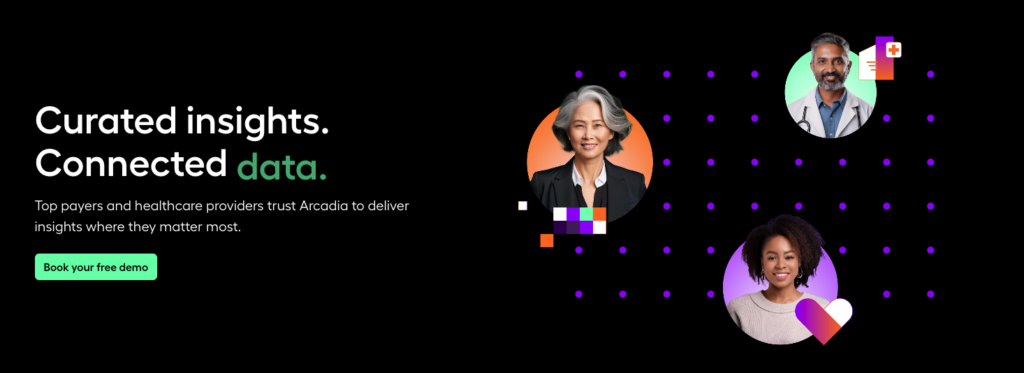
What You Should Know:
– Arcadia, a healthcare data platform, announced a new AI-driven precision medicine solution designed to identify patients with undiagnosed or misdiagnosed conditions who are at risk of poor health outcomes.
– The new AI-enabled solution empowers healthcare providers to connect these patients with appropriate treatments, ultimately improving their health and reducing the total cost of care.
AI-Driven Insights for Precision Medicine
Arcadia launched its precision medicine offering with an initial model developed by Atropos Health, with plans to add more models throughout 2025. This collaboration builds on an existing partnership between the two companies, further integrating Atropos Health’s real-world evidence-generation capabilities into Arcadia’s data platform.
Built on Arcadia’s Foundry development platform, the solution allows healthcare providers to:
- Identify at-risk patients: Leverage AI models to identify patients based on risk factors, demographics, and clinical data.
- Notify care teams: Alert primary care physicians, specialists, and care managers about patients requiring intervention.
- Deliver actionable analytics: Integrate insights into existing workflows, such as EHR systems, through SMART-on-FHIR applications.
- Track program effectiveness: Gain insights into the number of patients identified and outcomes achieved through subsequent testing and diagnosis.
Strengthened Leadership
Arcadia has also bolstered its board of directors with the addition of two experienced healthcare executives:
- Dr. Scott Ransom: A physician executive with over 30 years of experience in healthcare transformation.
- Jeff Felton: An accomplished healthcare executive with deep expertise in health information technology and customer value.
“We’re demonstrating the practical application and benefits of AI in modern care delivery by connecting providers with the latest evidence so they can deliver better treatments to their patients,” said Michael Meucci, Arcadia’s President and CEO. “Critically, we’re improving the provider experience by integrating actionable insights into existing point of care workflows to reduce friction and increase efficacy by ensuring AI enhances, rather than overwhelms.”

